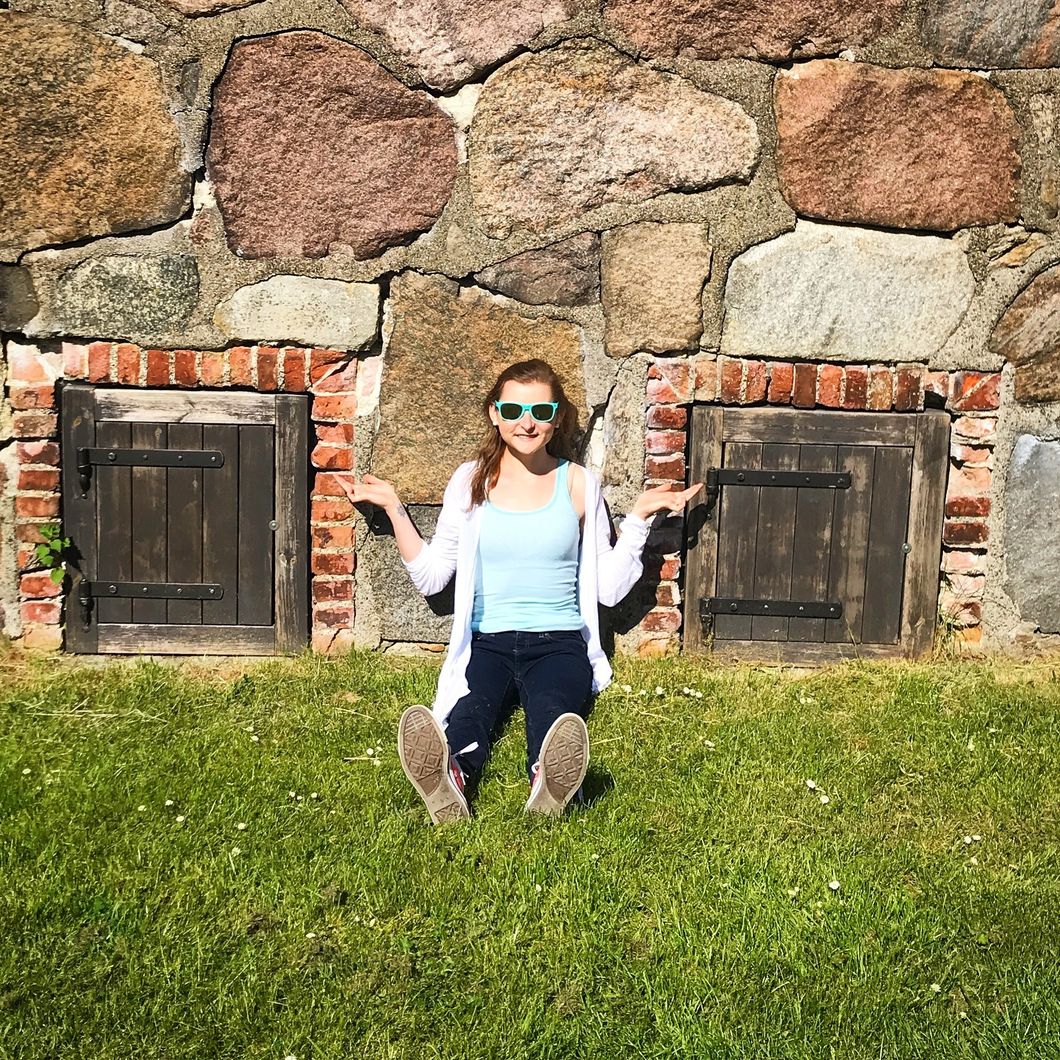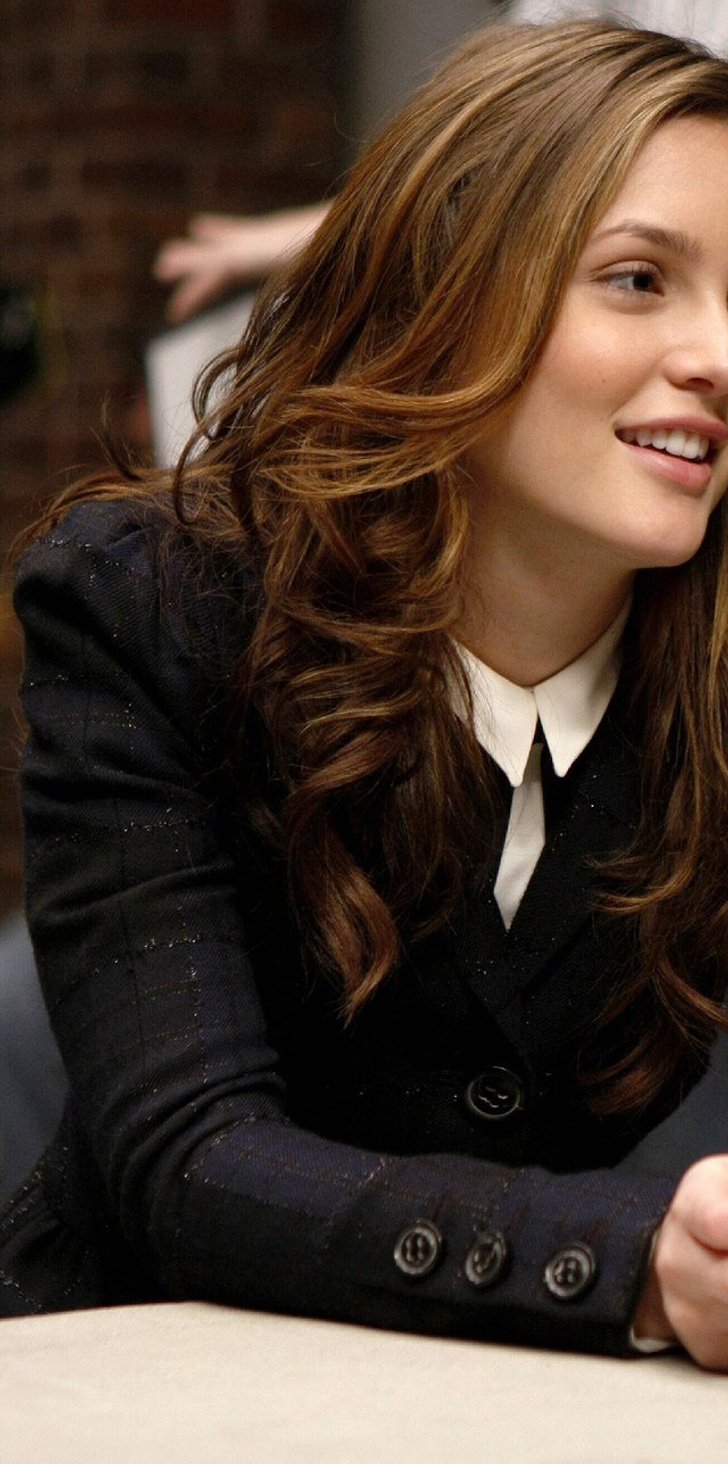To avoid sounding like the stereotypical "English Nerd", let me start by making one thing perfectly clear:
I have a very rocky relationship with poetry.
Prose? Love it. Creative fiction? Adore it with all of my heart. Nonfiction writing? I'm not a huge fan but I can make it work.
Poetry is another beast entirely.
For some reason, I have never found myself with any strong desire to express myself or my experiences through poetry. I've felt the pressure to write it (heck, I was even forced to write it for a Creative Writing course during my sophomore year) but it always ended in a crumple of papers, a slammed laptop lid and a general loathing for anything remotely poetic.
As I've said before, I don't know why this is the case. It just is.
However, I have always enjoyed reading poetry. Confused by the logic of this? You aren't the only one.
For some reason, I do not experience the same pain when I approach an existing piece of poetry. In fact, I respect poets for what they do because I struggle so much with it myself. It takes a lot more than you expect to take such a hideous and mundane world and grant it beauty through only a few words.
Take one of my favorite poems for example.
I can recall the first time that I read "The Road Not Taken" by Robert Frost in its entirety. Sure, I had always heard the phrase "Two roads diverged in a wood, / and I—I took the one less traveled by, / And that has made all the difference" repeated a hundred times to that point but reading the poem in its entirety changed my experience of it.
Reading the poem all the way through made me realize the context of this famous line, the "backstory," if you will.
You see, a few lines prior to this oft-quoted phrase, the speaker details their struggle in making a decision. He or she is faced with a choice, as he reaches these two roads and becomes "sorry I could not travel both/ And be one traveler, long I stood/".
From here, each option is carefully scrutinized as the speaker "looked down one as far as I could/ To where it bent in the undergrowth; / Then took the other, as just as fair, / And having perhaps the better claim, / Because it was grassy and wanted wear;/ Though as for that the passing there/ Had worn them really about the same,".
Like many of us, they struggle when weighing the pros and cons of a decision. One option has clearly become the favorite of those travelers that have come before and is, therefore, considered the safest option.
Then there's the other path, the one whose overgrown greenery makes it very clear that few, and maybe even none, have taken this path. What does your first instinct say about this path?
Probably exactly the same as the speaker's first instinct: that one is not safe.
Regardless of its ominous appearance, the speaker chooses to take this road anyways. They give up the security and ease of a path that has clearly been taken many a time before for the potential struggle of an unknown destination.
My favorite thing about this poem is its ambiguity. We never find out if the speaker is happy with their choice. Who knows where the "road less traveled" lead them. Maybe they were happier than they ever could have been, maybe they died.
All we know is "it has made all the difference."
While this is an obvious "choose your own path" ending, I find it truly inspiring.
Most will say that this leaves it up to the reader's interpretation exactly what happens to the speaker, but I take it to mean that life is truly what you make it. If you choose a path, you are stuck with the consequences. Whether those consequences make or ruin your life is entirely up to you.
So I ask you: do you choose to travel in packs or do you choose to take "the road less traveled," even if it means you may have to backtrack to find happiness?
- 5 Incorrect Interpretations You've Had Of Robert Frost's 'The Road ... ›
- We Misunderstand 'The Road Not Taken,' But Does It Matter? ›



















